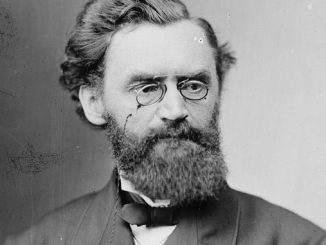
Carl Schurz
“Before I left the house I went for a moment to my study. From the window I had a free outlook on the Rhine and the lovely Seven Mountains. How often, gazing upon this charming picture, had […]

“Before I left the house I went for a moment to my study. From the window I had a free outlook on the Rhine and the lovely Seven Mountains. How often, gazing upon this charming picture, had […]
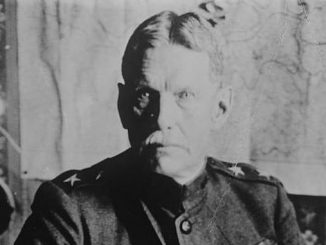
Major General Allen was in command of the American Forces in Germany from July 1919 until January 1923. Since May 21, 1920 he was also the American representative on the Interallied Rhineland High Commission. For all his […]
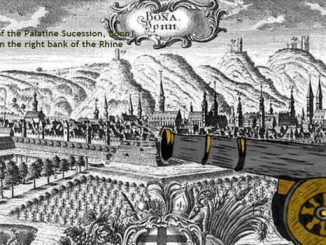
[Rhineland, 1714] After many years of fighting, the War of the Spanish succession (1701-14) was finally over. But large parts of the region lay in ruins, and many people suffered hardships or were prosecuted.
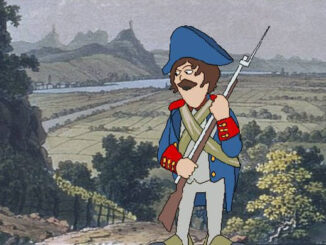
[Rhineland, 1794] While at the Potomac the new capital came into being, no stone remained unturned in Europe. The French Revolution shattered Europe’s monarchies, soon war broke out.
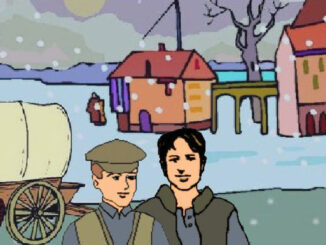
[Rhineland, around 1815] After 20 years of war, life in the countryside was very hard. Many soils were ruined, there was too little to live on, almost no medical care and infant mortality was very high.
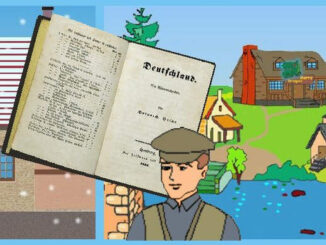
[America, around 1845] Niklas Bergmann received a book that his German relative Jean had smuggled across the border and sent to him. It was Heinrichs Heine’s “Germany. A Winter’s Tale”, banned in Prussia.
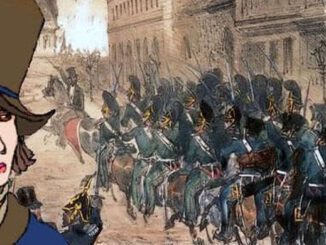
[America and Germany, 1848/49] Good news come from Germany: the March revolution, a country united and the National Assembly. But eventually, revolution fails, and Lorenz Bergmann must flee.
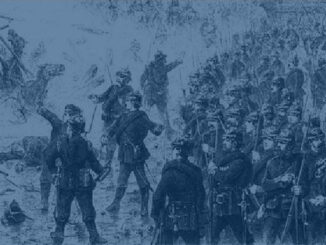
[America and Germany, 1866] In Germany, war was looming between the two great powers, the Kingdom of Prussia under Wilhelm I in Berlin and Franz Joseph’s Habsburg Empire of Austria in Vienna.
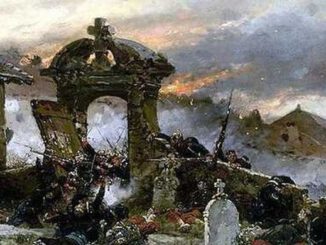
[Europe and America, 1870/71] After his failure in Mexico, Emperor Louis Napoleon Bonaparte in France needed a success in his foreign policy. The much aggrandized Prussia and Bismarck annoyed him.
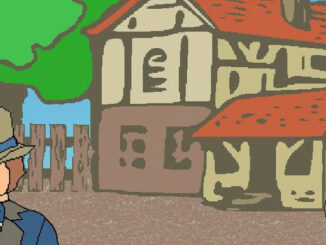
[Rhineland, 1872] Having achieved their aims, Emperor Wilhelm I and Bismarck were milder on the Forty-Eighters. The Prussian authorities granted pardon to Lorenz, and he could finally come for a visit home.
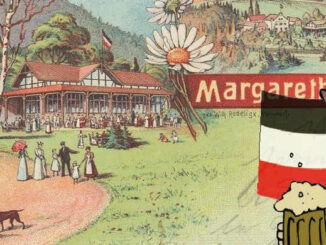
[Germany, around 1880] Germany was united, and a deeply felt wish of many people had been fulfilled. However, with 10 million Austrian Germans outside, Prussia’s dominance was overwhelming.
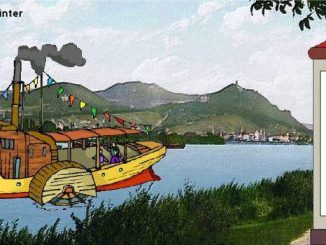
[Rhineland, 1893/94] A few weeks later, Lorenz and Annelie were on board of a huge ocean steamer from America to Germany, to visit Lorenz’ old homeland and their relatives and friends on the Rhine.
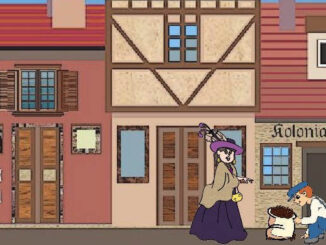
[Rhine Province, ca. 1906/1907] In the “Limbach-Stübchen” Jakob also offered colonial goods. In the guest room, Jakob also served cocoa and coffee. Often the neighboring children did their schoolwork here.
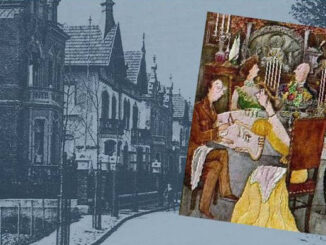
[Rhineland, around 1893/94] 1893 was a happy year. Sophie’s aged parents Anni and Jean were doing well. Jakob ran the “Stübchen” for them. Lorenz Bergmann came to visit from the USA with his wife Annelie.
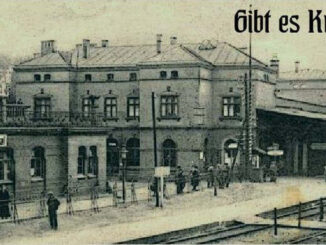
[Rhineland and Belgium, July 1914] Some newspapers spoke of war, yet a local one against Serbia that, as most people thought, was no match for the Habsburg Empire, and Serbia was far away anyway.
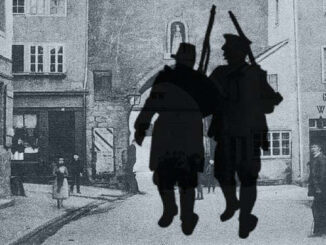
[Germany, July/August 1914] During the last few weeks, hectic diplomatic activity had been going on behind the scenes. Military leaders were secretly planning for a war. Yet, diplomacy failed.
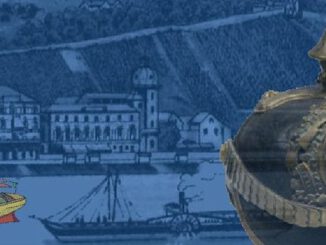
[Germany, August 1914] Mobilization was underway. Enthusiasm for the war swept away all other emotions, suspicion was growing, thus even friends and acquaintances became enemies.
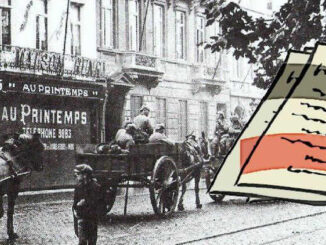
[Rhineland and Belgium, 1914] On August 2, Germany troops crossed the border into Luxemburg, on August 4, the border into Belgium. Soon a large part of Belgium and the northeastern part of France were occupied.
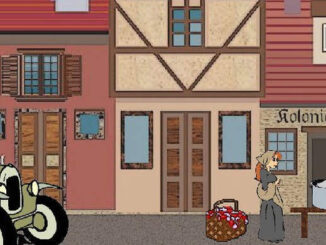
[Rhineland, 1914/15] Nobody was prepared for a long war. The soldiers had been so sure of victory, “At Christmas we will be back”. But since the turnaround on Marne in early September, this was unlikely.
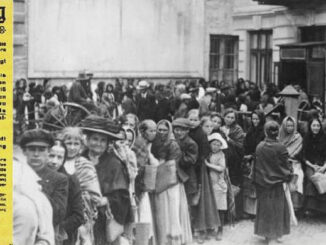
[Germany, winter 1916/17] The British naval blockade caused great suffering in Germany. This winter, the need was dramatic. A rainy autumn had caused a potato slight and only half of the harvest could be saved,
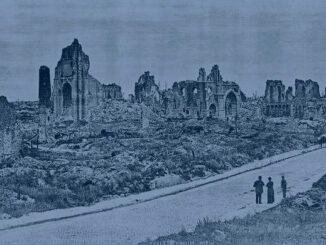
[USA, 1917/18] Horrified, Lorenz Bergmann’s granddaughter Chiara looked at the Liberty Bonds she was about to buy. It showed a creature with a Pickelhaube, thus obviously a German.
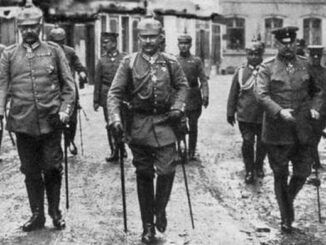
[Germany, summer 1917] The war was already entering its third year, and there was no prospect of peace. Several times Pope Benedict XV had urged the belligerent nations to negotiate peace, but in vain.
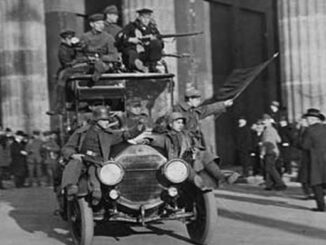
[Germany, 1918/19] The war was lost. Yet, at the end of October 1918, the military commanders ordered, by their own authority, the navy to set sail for a last battle against the British Royal Navy.
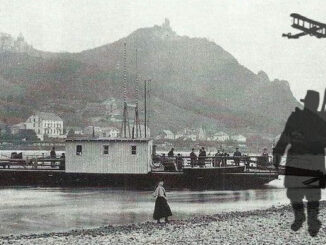
[Rhineland, 1918] For most Germans, the defeat had come as a surprise. Until the end, the war propaganda had promised victory, Now Allied soldiers would march into the Rhineland. Martial law still prevailed.
Copyright © 2024 | MH Magazine WordPress Theme by MH Themes